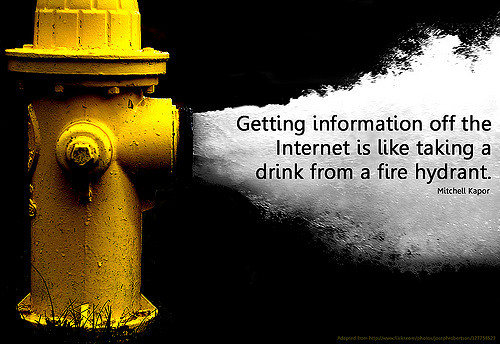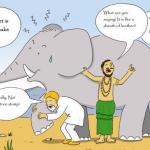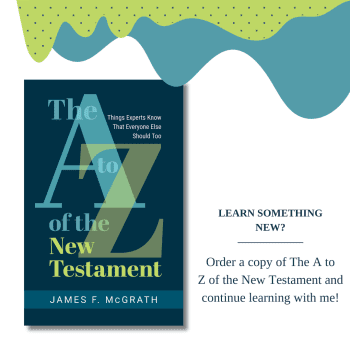Esteban Vázquez wrote a blog post not long ago, reflecting on a decade of biblioblogging on his part:
Biblioblogdom, as it once was, has ceased to exist. Which isn’t to say that no one is blogging about the Bible and theology—far from it! (Witness the monthly Biblical Studies Carnival, ongoing since 2006, and hosted this month by our old friend Jason Gardner.) But the community, with its vigorous exchanges across all levels so often chronicled in “round-ups,” seems to have disintegrated in favor of a more autonomous approach. While this is doubtless a cause for regret, there is also a certain freedom in it: it is frankly impossible to keep up with 200 or more posts a day, let alone to participate meaningfully in that many conversations, and less still to produce contributions that will keep the entire community engaged. The conventional wisdom these days is that, in the age of Twitter, no one reads blogs any more. I’m not sure that’s quite true, but perhaps this perception signals that the conditions are right to venture out once again, even if only occasionally.
The feel of the biblioblogosphere has certainly changed dramatically and perceptibly, although it is very hard to pin down precisely what has changed and why. But one thing, which Esteban mentioned, is the sheer volume of blogging that there used to be, and would be if all the biblioblogs that once were had been continuing their prodigious output. I’ve noticed a couple of blogs on which things had gone silent, but where activity has just revived. Sci-fi author Jack McDevitt has just started blogging! Whether any of that means the trend of decline in blogging may reverse remains to be seen.
Jack Vance also mentioned this in a blog post, in which he shared this image:

But what is the appropriate response? To attach a narrowing funnel? To thin the herd? Or to find some other method of drinking effectively from such a source? Human beings are currently coping with the literal impact of things that were historically scarce – not only water but food and especially sugars – becoming abundant. And so we need to learn to cope with a shift from scarcity to abundance if we are to survive, in many domains and not just that of information in the internet era. And I think that blogs can likewise play an ongoing role as their place amidst the internet’s deluge of information shifts in the opposite direction, from a role of predominance to a more limited and select set of contributions.
Of related interest, see the First Monday article “Why Blogs Endure” and also Bill Caraher’s blog post, “The End of the Blog?” in which he reflects on how internet and academic culture have shifted in recent years, and how that impacts bloggers active at the intersection of the two.













